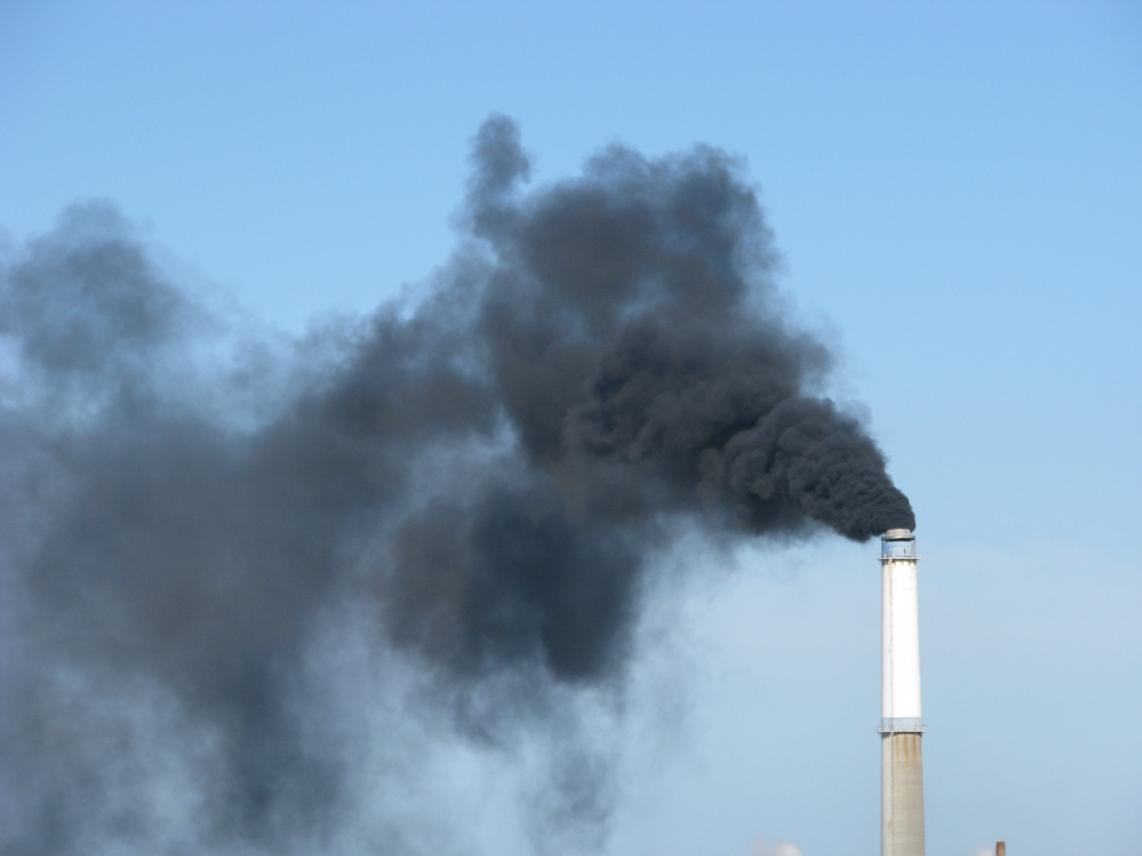A senior environmental official has taken the Tehran Municipality to task by challenging the mayoralty to be more transparent with their spending, especially when it comes to pollution tax.
Polluting industries are charged 1% of their annual revenue as environmental (or pollution) tax, according to Article 38 of the Value Added Tax Law which went into effect in 2009, ILNA reported.
“The law is full of holes,” Saeed Motessadi, deputy for human habitats at the Department of Environment, said at a press conference on Sunday.
For instance, pollution tax must be calculated based on the emissions of an industry, not its income, he elaborated.
“What portion of that money has the TM spent on addressing environmental concerns?” the official asked, adding that having industries pay the levy to the municipality makes little sense.
He said the DOE is preparing an amendment to the law which will go into effect as part of the next economic development plan (2016-21) that should come into effect on March 20.
“Reports suggest that the municipality receives between $555 million and $833 million a year in pollution tax,” Motessadi said.
The money has to be spent on developing and expanding infrastructure, such as renovating public transportation and expanding the city’s green spaces which are shrinking at an alarming speed, he noted.
Tehran’s perennial struggle with air pollution has pit the DOE and TM against one another for years with no end in sight to the public war of words between the two organizations with the latter almost always singled out for special castigation for its environmental performance or the lack of it.
The capital’s air pollution and smog has extended for months this winter, with the air quality index hovering above 100 for too long to be considered normal. Based on the World Health Organization guidelines, an index between 101 and 150 is deemed unhealthy for sensitive groups, including children, pregnant women and the elderly.
Tehran Mayor Muhammad Baqer Qalibaf has repeatedly claimed that his office can effectively end the air pollution and challenged the government on more occasions than one to grant the municipality “the legal authority to do what we must.” This prompted a response from DOE chief Massoumeh Ebtekar, who suggested last week that the TM would do a great service if it fulfills its own responsibilities.
The sprawling capital is said to be home to around a third of the country’s industries, which add to the city’s pollution woes caused mainly by the five million vehicles that ply the overcrowded streets.
Since the onset of the cold season, the stat-run radio and TV has been urging the people to avoid the streets of the capital and stay indoors due to the dirty and polluted air.
Other major cities have not been spared as they too continue to register high levels of air pollution coupled with particulate matter, smog and dust storms.


